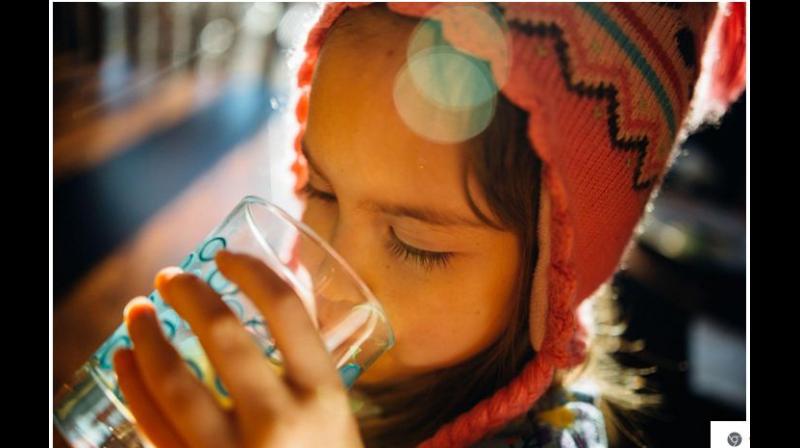
During the monsoon season, the much-needed rainfall also brings the risk of infectious diseases such as Dengue, Malaria, Typhoid, Chikungunya. These illnesses, prevalent in developing countries like India, can lead to severe dehydration, posing a critical health threat. Understanding how these diseases lead to fluid and electrolyte deficits and learning how to manage them effectively can make a significant difference in patient outcomes.
The Dehydration Danger
Electrolyte Imbalance
The body not only loses fluids but also essential electrolytes like sodium, potassium, and chloride. Electrolytes are minerals that have natural positive or negative electrical charges and they are crucial for maintaining fluid balance and supporting nerve and muscle functions. Increased fluid losses lead to fluid and electrolyte deficit in the body. This imbalance can lead to weakness, fatigue, and serious complications in certain cases.
How Dengue, Malaria, Typhoid and Chikungunya Lead to Fluid and Electrolyte Deficits
Fever in Dengue, Malaria and Typhoid leads to fluid and electrolyte losses due to increased sweating and breathing rates,. Each degree Celsius rise in temperature above 39°C (102 ° F) in adults can lead to 25% increase in fluid losses via sweating & breathing. Older adults are especially susceptible to dehydration during the febrile phase of dengue. Fluid and electrolyte disturbances are also commonly associated with malaria. Certain drugs used for the treatment of malaria can lead to nausea and vomiting, further accelerating fluid and electrolyte deficits. Similarly, typhoid is known to cause fluid and electrolyte imbalances.
Impact of Fluid and Electrolyte Deficits
Dehydration caused by these infections can range from mild discomfort to life-threatening conditions. Symptoms of dehydration include extreme thirst, dry mouth, fatigue, dizziness, confusion etc. For instance, severe dengue can lead to shock syndrome, a potentially fatal complication due to dehydration. Similarly, typhoid fever often leads to vomiting, causing dehydration with serious consequences if untreated. Severe malaria can cause kidney impairment, worsened by low fluid intake and fluid loss from vomiting, fever, and sweating, impacting recovery.
Hydration with electrolytes is Key
To combat dehydration, replenishing lost fluids and electrolytes is crucial. Various Indian guidelines emphasize the importance of fluid and electrolyte management in treating these tropical fevers. The Association of Physicians of India recommends that supportive measures like oral hydration, appropriate nutrition & correction of electrolyte abnormalities is important to manage typhoid fever. National guidelines for dengue fever advocate for oral fluid and electrolyte therapy for patients experiencing excessive sweating, vomiting, or low blood pressure. While fluids and electrolytes can be replenished by the standard WHO ORS, they are best suited mainly for diarrheal conditions. Indian guidelines emphasize on fluid intake in Chikungunya as one of the components of management.
While homemade solutions are accessible, ready-to-serve electrolyte drinks offer a convenient and precise formulation for optimal results. These drinks help restore fluids and electrolytes, supporting rehydration in patients with from dengue, malaria typhoid.
When to Seek Medical Help
Conclusion
Overall, it is established Dengue, Malaria and Typhoid can lead to dehydration with a higher risk in children and elderly population. The infection itself or associated with fever & vomiting can lead to fluid & electrolyte deficits. If not addressed, these deficits can lead to certain complications which can delay recovery. Patients can expect to recover faster if these deficits are addressed with an appropriate fluid & electrolyte format. Stay informed, recognize the signs of dehydration, and seek medical advice when necessary to protect your health during the monsoon season.
The article is authored by Dr. Abdul Majid Khan, Consultant Physician & Diabetologist, Olive Hospital, Hyderabad.
